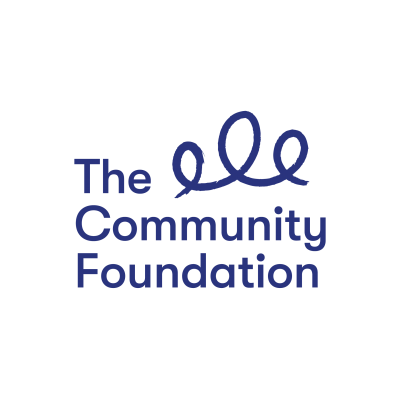
Mental Health Issues leaving many communities at ‘breaking point’
As World Mental Health Day recently threw the spotlight on mental health issues across the globe, research carried out by the Community Foundation reveals that communities here are struggling to cope with a range of mental health issues.
Conflict related trauma, access to perinatal mental health support, and concerns about high rates of self-harm and suicide, are just a few of the issues communities raised with the Community Foundation as part of its Vital Signs research into mental health and well-being in Northern Ireland.
With mental health problems 20% higher in Northern Ireland than in England or Scotland, the Community Foundation has already provided £1.7 million to help communities run projects around health and well-being in the last three years and today announced £50,000 in grants specifically for mental health projects through the ARN Foundation.
The Vital Signs research carried out by the Community Foundation aims to uncover how communities are coping when it comes to key life issues using a range of statistics alongside conversations with individuals and community groups.
The issues experienced by people in Northern Ireland are also compounded by substantial gaps in interventions such as counselling and alternative therapies, with the rate of prescribing anti-depressants much higher in Northern Ireland than elsewhere in the UK.
In addition, men from the most deprived areas of Northern Ireland described a sense of ‘toxic masculinity’ meaning that they do not seek help even in crisis situations, potentially contributing to the high suicide rates in Northern Ireland’s male population.
Whilst the Community Foundation appreciates that mental health affects large swathes of the population, our research highlighted that a number of minority groups can be disproportionately affected.
Almost three quarters of the LGBT community have experienced depression with particular challenges also being faced by the Transgender community as gender identity services fall far short of international practice. Mental health services also inadequately support refugees and asylum seekers, who may have suffered high levels of trauma in their country of origin.
Speaking about Vital Signs, Andrew McCracken Community Foundation CEO said: “This research paints an incredibly worrying picture of how communities are faring when it comes to mental health issues, many really are at breaking point. Local groups working on the ground also told us that the situation at Stormont is massively hindering them from receiving the help they need.
“A renewed determination to seriously invest in mental health issues is essential in any new Executive given that the previous Ministerial Coordination Group on Suicide Prevention met just eleven times in a decade. This is wholly unacceptable and we join many community organisations in calling for the political institutions at Stormont to be reinstated to begin tackling the issues communities have raised with us.”
Andrew continued: “Over the past three years, we have made grants of £1.7 million to help communities run projects around health and well-being. For example, we have recently supported Embolden, a community group which advocates on behalf of the over 20,000 people in Northern Ireland with a personality disorder. They are working to enhance wider understanding of this condition and to help reduce the high suicide rate of one in ten associated with the condition.
“The Community Foundation is committed to continuing our support of communities - with a particular focus on helping them tackle mental health issues following this research.
“Today we are announcing £50,000 in grants available via the ARN Foundation which we manage. These grants are specifically aimed at projects working in the area of mental health and I would encourage communities to apply for this funding.
“We also intend to bring the Community and Voluntary sectors together with funders to work together on ways to help fix what is clearly a broken system - especially given the lack of an Executive. We are particularly keen to engage with vulnerable groups with specialised needs such as those from deprived communities, the LGBT community, and refugees and asylum seekers for whom little specialist intervention is available,” said Andrew.

Community Foundation for Northern Ireland
Community House, Citylink Business Park
6a Albert Street
Belfast
BT12 4HQ
United Kingdom
